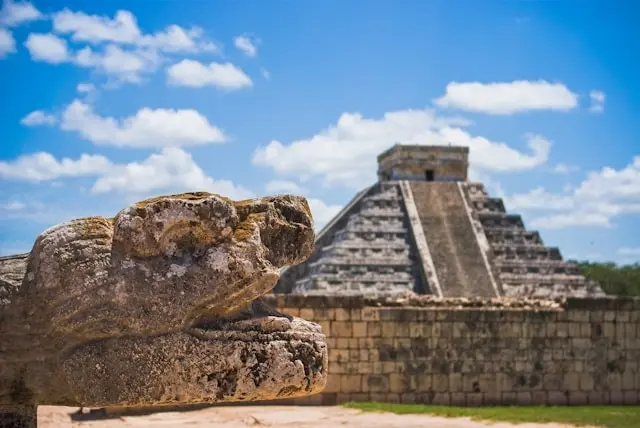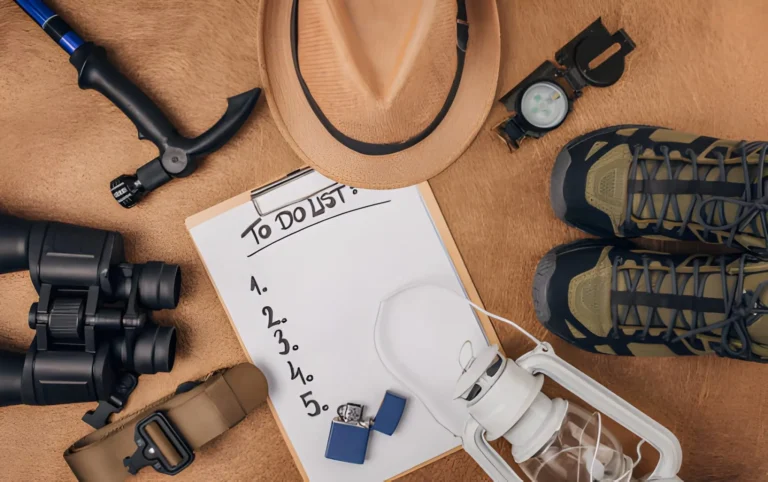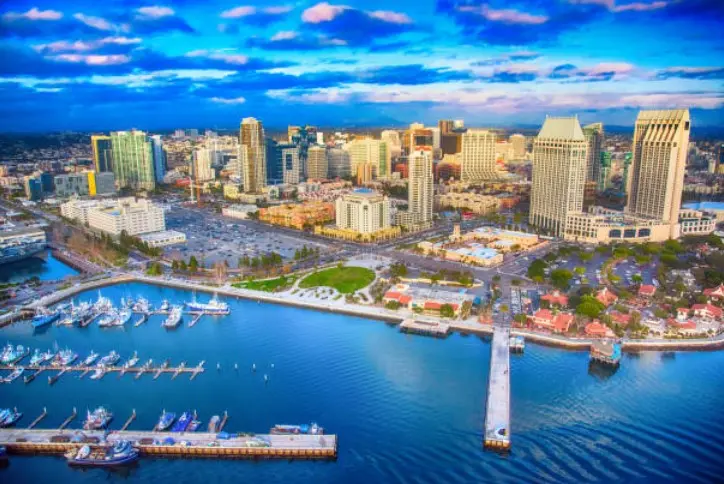How Tech Empowers Travelers to Explore Without Limits
Travel planning used to mean stacks of guidebooks, phone calls to hotels, and hoping for the best. Today’s travelers have something far more powerful in their pockets. Stats show that travelers who book tours and activities on their phone spend 50% more than those who book elsewhere.
This isn’t just about convenience – it’s about freedom. Technology has torn down the walls that once limited where we could go and what we could experience. From instant bookings to real-time translations, digital tools don’t just make travel easier. They make it limitless.
Breaking Down Traditional Travel Barriers
Technology has fundamentally changed how we approach travel challenges. Where language barriers once stopped conversations, smart devices now translate in real-time.Instant Communication Solutions
Modern travelers don’t need to master local languages before exploring new destinations. Translation apps work instantly, even offline. Voice recognition technology lets you have conversations with locals who speak entirely different languages. These tools turn potential frustrations into opportunities for connection. The esim for international travel has revolutionized how travelers stay connected abroad. Unlike traditional SIM cards that require physical swapping, these digital solutions activate instantly. No more hunting for local phone stores or dealing with language barriers to get connected.Financial Freedom Through Digital Payments
Digital wallets have eliminated the stress of currency exchange. Travelers can pay with their phones almost anywhere in the world. Contactless payments work across borders, making transactions seamless regardless of local currency. Exchange rate apps provide real-time calculations, helping travelers make informed spending decisions. This transparency removes the guesswork from international purchases and prevents costly mistakes.Navigation Without Boundaries
GPS technology has made getting lost almost impossible. Offline maps work even without data connections. Turn-by-turn directions guide travelers through unfamiliar streets with confidence. These tools transform navigation from a stressful challenge into a simple task.The Power of Connectivity Solutions
Staying connected while traveling has become essential, not optional. Modern connectivity solutions make this possible anywhere in the world.Understanding Digital Connection Options
How do travel sim cards work is a question many travelers ask when planning international trips. Traditional SIM cards require physical installation and often come with expensive roaming charges. They’re tied to specific networks and can be difficult to manage across multiple countries. International esim card technology operates differently. These digital cards download directly to compatible devices. They offer flexible data plans tailored to specific destinations and durations. Many travelers prefer them because they’re easier to manage and often more cost-effective.Security and Reliability Concerns
eSIM cards are a secure and increasingly popular option for cautious travelers. These digital solutions use the same encryption standards as traditional SIM cards. They’re often more secure because they can’t be physically removed or tampered with. Remote management features allow users to deactivate them immediately if devices are lost or stolen. How does an international sim card work in terms of security? Physical cards can be removed and used in other devices, potentially compromising personal data. Digital alternatives eliminate this risk through device-specific activation.Data Solutions for Every Journey
Unlimited data esim plans have become game-changers for travelers who rely heavily on their devices. These plans eliminate the anxiety of running out of data mid-trip. They’re particularly valuable for travelers who work remotely or share experiences through social media. Different destinations require different data strategies. Short trips might need small data packages, while extended stays benefit from unlimited options. The flexibility of digital solutions allows travelers to adjust their plans based on actual usage.Smart Planning and Booking Revolution
Technology has transformed trip planning from a time-consuming chore into an exciting part of the journey. Smart tools help travelers discover opportunities they might never have found otherwise.AI-Powered Discovery Tools
Artificial intelligence analyzes traveler preferences to suggest personalized destinations and activities. These recommendations go beyond popular tourist spots to include hidden gems that match individual interests. Machine learning algorithms improve suggestions based on past travel patterns. Search engines now understand context and intent better than ever. Travelers can ask complex questions about destinations and receive detailed, relevant answers. This makes research more efficient and thorough.Real-Time Booking Flexibility
Last-minute bookings have become easier and often cheaper through mobile apps. Dynamic pricing allows travelers to find deals that weren’t available just hours earlier. Push notifications alert users to price drops and special offers. Flexible booking options reduce the risk of changing plans. Many platforms now offer free cancellation or modification policies. This flexibility encourages travelers to book experiences they might otherwise skip due to uncertainty.Integrated Travel Management
Modern travel apps consolidate everything from flights to restaurant reservations in one place. Travelers can manage their entire trip through a single interface. Automatic updates keep all information current without manual intervention.Safety and Security Enhancements
Technology has made travel significantly safer without sacrificing spontaneity or adventure. Smart safety features work behind the scenes to protect travelers.Location-Based Safety Features
Emergency services can locate travelers instantly through GPS technology. Automatic check-ins notify emergency contacts about safe arrivals. Location sharing allows family and friends to track travel progress in real-time. Crowd-sourced safety information helps travelers avoid dangerous areas. Real-time alerts warn about local safety concerns, weather issues, or political situations. This information empowers travelers to make informed decisions about their routes and activities.Digital Documentation Security
Cloud storage ensures important documents are always accessible, even if physical copies are lost. Digital passports and IDs are becoming accepted at many border crossings. Encrypted storage protects sensitive information from unauthorized access. Backup systems automatically sync travel documents across multiple devices. This redundancy ensures travelers can access their information even if their primary device is damaged or stolen.Health and Medical Support
Telemedicine services connect travelers with healthcare providers remotely. Medical translation apps help communicate symptoms and medical histories to foreign doctors. Digital health records provide instant access to important medical information. Travel insurance apps streamline claim processes and provide 24/7 support. GPS-enabled emergency services can locate travelers quickly in medical emergencies. These tools provide peace of mind without restricting travel choices.Your Gateway to Limitless Adventures
Technology hasn’t just changed how we travel – it’s redefined what’s possible. The barriers that once limited our adventures have crumbled under the weight of innovation. Language differences, currency challenges, navigation problems, and communication gaps no longer determine where we can go or what we can experience. Today’s travelers carry more power in their pockets than entire travel agencies possessed just decades ago. This transformation isn’t slowing down; it’s accelerating. The future promises even more seamless integration between our digital tools and our wanderlust. Perhaps the most exciting part is that we’re still in the early stages of this revolution.Common Questions About Tech-Enabled Travel
- How reliable are digital travel solutions compared to traditional methods?
- Do I need technical expertise to use advanced travel technology?
- What happens if my devices fail while traveling internationally?






